Descripción
What is Liposomal Q10?
Liposomal Q10 is an innovative formulation of Coenzyme Q10 (CoQ10) that utilizes liposome technology to enhance its absorption and bioavailability in the body. CoQ10 is a naturally occurring antioxidant produced by the body, playing a crucial role in cellular energy production. However, traditional forms of CoQ10 can have limited bioavailability due to poor absorption in the gastrointestinal tract. This is where liposomal technology comes into play.
Liposomes are small, spherical vesicles made up of phospholipid bilayers that encapsulate nutrients. This structure mimics cell membranes, allowing for better fusion and absorption within the cells. When CoQ10 is encapsulated in liposomes, it protects the CoQ10 molecules from degradation and facilitates their transportation through the digestive system, leading to improved absorption rates compared to conventional supplements.
The significance of liposomal Q10 in the supplement industry cannot be understated. As consumers increasingly pursue enhanced wellness and vitality, the demand for effective supplements has surged. Liposomal formulations provide a solution to the absorption challenges faced by traditional CoQ10. By ensuring that a higher percentage of CoQ10 reaches systemic circulation, liposomal Q10 optimizes the benefits of this vital nutrient.
Moreover, the advantages of liposomal Q10 extend beyond mere absorption. This formulation may enhance the antioxidant properties of CoQ10, supporting cardiovascular health, reducing oxidative stress, and improving overall energy levels. As a result, liposomal Q10 stands out in the supplement landscape, appealing to health-conscious individuals seeking to maximize the benefits of CoQ10 for optimal health and well-being.
Benefits of Liposomal Q10
Liposomal Q10, a bioavailable form of coenzyme Q10 (CoQ10), offers numerous health benefits that make it a valuable addition to daily supplementation. One of the primary benefits is its role in energy production. CoQ10 is crucial for the mitochondrial function, where it aids in the conversion of nutrients into adenosine triphosphate (ATP), the body’s main energy currency. Research has indicated that higher absorption rates of liposomal Q10 can significantly increase ATP levels, enhancing overall energy and reducing fatigue, particularly in individuals with chronic conditions.
Another significant aspect of liposomal Q10 is its potential effect on heart health. Various studies have demonstrated that CoQ10 can help improve heart function, especially in patients with heart disease. It works by improving energy production in heart cells and has been shown to reduce oxidative stress and inflammation, which are critical factors in cardiovascular health. A meta-analysis revealed that supplementation with CoQ10 could lead to notable improvements in heart function and reduced symptoms in heart failure patients.
Furthermore, liposomal Q10 exhibits powerful antioxidant properties. It helps neutralize free radicals in the body, which can contribute to aging and various chronic diseases. There is substantial evidence that CoQ10 supplementation can enhance the antioxidant defense system, reducing oxidative damage to cells. This is especially beneficial for individuals who lead a high-stress lifestyle or are exposed to environmental pollutants.
Importantly, individuals on statin medications may also benefit from liposomal Q10. Statins, while effective cholesterol-lowering agents, can decrease the body’s natural levels of CoQ10, leading to muscle pain and fatigue. By incorporating liposomal Q10, these individuals may mitigate some of the side effects associated with statin use, restoring their energy levels and overall well-being.
How to Choose the Right Liposomal Q10 Supplement
When selecting a liposomal Q10 supplement, it is imperative to consider several key factors that ensure you are investing in a high-quality product. One of the foremost aspects is ingredient transparency. A reputable manufacturer will provide complete information regarding the ingredients used in their formulation. Be wary of products that do not disclose their active components or those that contain fillers and additives. Reading the label carefully can provide insights into the purity and efficacy of the supplement.
Another crucial factor to evaluate is the concentration of CoQ10. Liposomal formulations should deliver an optimal dose of coenzyme Q10, as this will enhance its bioavailability and effectiveness. Products that specify the exact concentration of CoQ10 per serving can guide you in determining how much you should take to achieve your health goals. Furthermore, consider the presence of additional supportive ingredients. Some liposomal Q10 supplements include herbal extracts, vitamins, or minerals that may complement the benefits of CoQ10 and contribute to overall wellness.
The reputation of the manufacturer is equally essential in your decision-making process. Look for brands with a history of producing high-quality supplements, backed by positive customer reviews and third-party certifications. Such certifications from organizations like NSF International or the United States Pharmacopeia (USP) can provide reassurance about the product’s safety and quality standards.
Lastly, it is advisable to familiarize yourself with various certifications and quality assurance labels that signify the product has undergone rigorous testing. This knowledge empowers consumers to make informed choices, ensuring they select a liposomal Q10 supplement that supports their health objectives efficiently and safely. By keeping these factors in mind, you can confidently choose a supplement that meets your needs and expectations.
Recommended Dosage and Usage of Liposomal Q10
Determining the appropriate dosage of liposomal Q10 is essential for maximizing its benefits while minimizing potential side effects. Generally, the recommended daily dosage for adults ranges from 100 mg to 300 mg, depending on individual health conditions and dietary needs. For younger individuals, including those aged 12 to 18 years, a dosage between 50 mg and 200 mg per day is typically advisable. It is crucial for users to consult with a healthcare professional prior to starting any supplementation, especially those with existing health issues or those who are pregnant or nursing.
When it comes to incorporating liposomal Q10 into a daily routine, it can usually be taken either with food or on an empty stomach. However, taking it with a meal containing healthy fats may enhance its absorption, given its liposomal formulation. Those who have difficulty swallowing capsules may also opt for liquid formulations, which can be mixed with beverages for easier consumption.
It is important to note possible interactions with medications. Liposomal Q10 may interact with blood thinners, such as warfarin, and medications for diabetes, requiring careful monitoring. Individuals on these types of medications should seek medical advice to adjust their dosages accordingly. Furthermore, although adverse effects from liposomal Q10 are generally rare, some users might experience mild gastrointestinal discomfort. Keeping track of how your body responds during the initial usage phase is key to an effective supplementation strategy.
By following these guidelines, individuals can effectively use liposomal Q10 to promote optimal health and enhance overall vitality while ensuring they minimize the risk of adverse interactions or side effects.
Possible Side Effects and Precautions
Liposomal Q10, while generally regarded as a beneficial supplement for enhancing health, may pose certain side effects and risks that should be considered before use. One of the most commonly reported side effects includes gastrointestinal discomfort, such as nausea, diarrhea, and abdominal pain. While these symptoms are typically mild, individuals who experience persistent discomfort should reconsider their intake or discuss their symptoms with a healthcare professional. Additionally, some users may report headaches or fatigue. Since individual reactions can vary, monitoring one’s response to the supplement is advisable.
Furthermore, certain populations should exercise caution when considering liposomal Q10 supplementation. Pregnant and breastfeeding women are advised to consult their healthcare provider prior to starting any new supplement, including liposomal Q10, to ensure safety for both mother and child. Additionally, individuals with existing medical conditions, such as diabetes or liver disorders, should seek guidance from their healthcare provider, as the supplement might interact with medications or exacerbate certain health issues.
It is also important for users taking blood-thinning medications, such as warfarin, to consult their physician before introducing liposomal Q10 into their regimen. This is due to potential interactions that could affect blood clotting levels, which may lead to complications if not properly managed. For anyone considering this supplement, a thorough discussion with a healthcare professional is paramount. This ensures that an informed decision is made based on individual health needs and circumstances.
In summary, understanding the possible side effects and taking appropriate precautions when using liposomal Q10 is crucial for ensuring a safe and effective supplementation experience. This not only mitigates risks but also promotes better health outcomes.


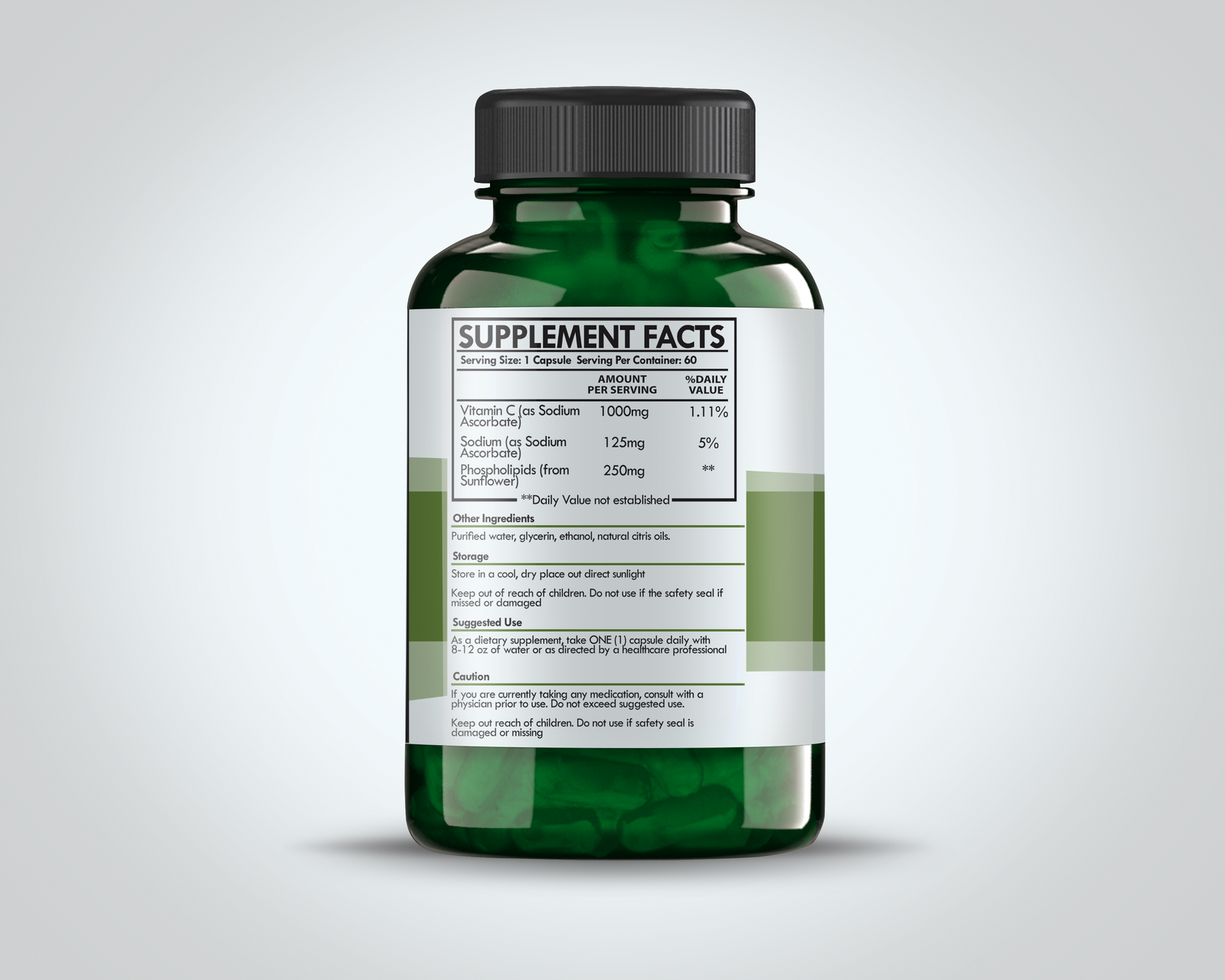

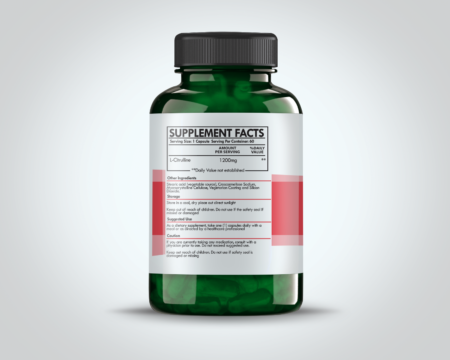

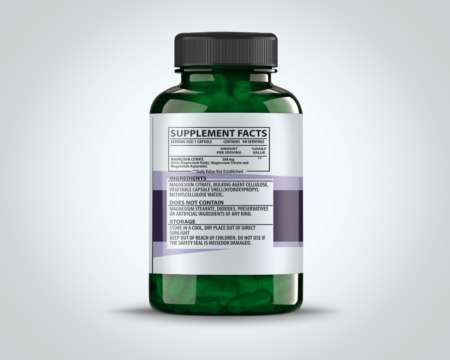

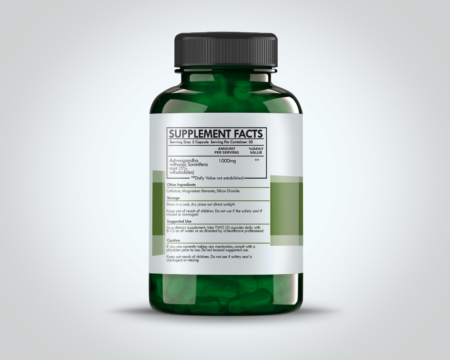


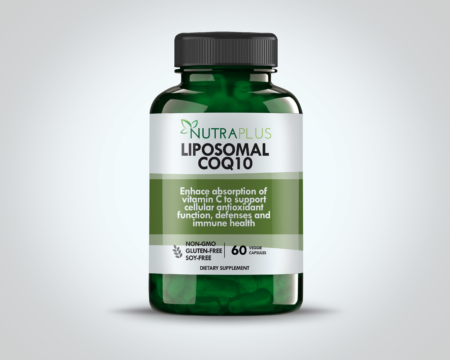
Valoraciones
No hay valoraciones aún.